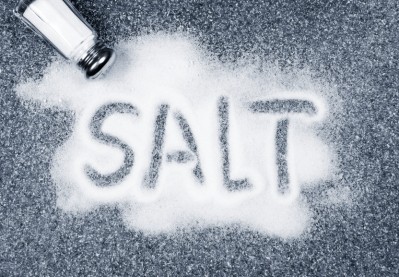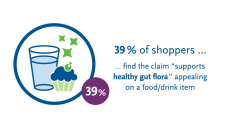EFSA assessment: No need to change EU lycopene recommendations

The assessment was conducted by the European Food Safety Authority (EFSA) following the 2009 novel food approval of synthetic lycopene, lycopene oleoresin from tomatoes and lycopene from Blakeslea trispora across the EU.
EFSA’s Panel on Dietetic Products, Nutrition and Allergies (NDA) looked at data from the holders of the novel food authorisations - Lycored, BASF, DSM and Vitatene. That data included sales data, product launch data, an intake estimate and toxicological information between mid-2009 and mid-2012.
The NDA concluded “that intakes of naturally occurring lycopene and from its use as a food colouring and as a Novel Food Ingredient at permitted use levels do not lead to intakes above the ADI [average dietary intake] of 0.5 mg/kg bw/day.”
That ADI was established by EFSA in 2008.
The assessment is here.
Lycopene is typically used as a nutrient and colourant.
In various studies it has been shown to slash the risk of stroke by more than half, cut the risk of heart disease by improving the functioning of blood vessels, and protecting against DNA damage.
Additional data from the from the Framingham Offspring Study – an epidemiological analysis that indicates correlation and not causation – recently reported that increased intakes of lycopene are associated with a reduction in the incidence of cardiovascular disease and coronary heart disease.






















